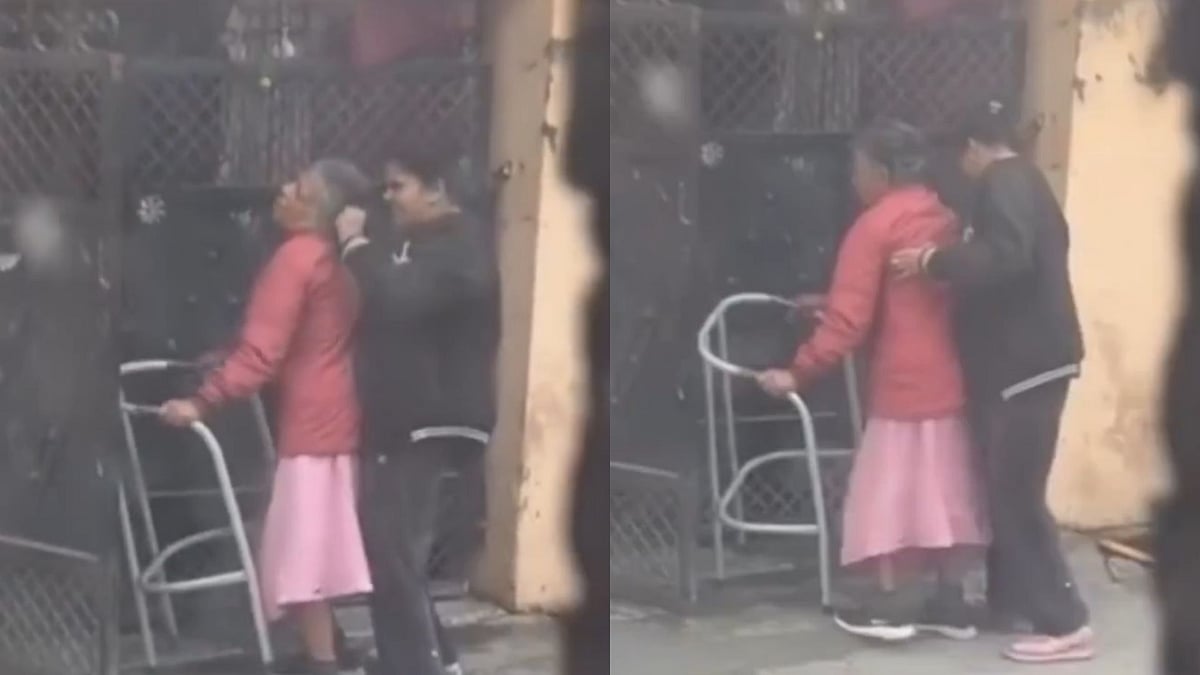In terms of performance, the 15th Lok Sabha will be at the lowest rung in historical evaluation, as it endorsed 165 bills in five years, including 20 that were adopted without debate. But 74 bills, more than the sum of those passed by the first six Houses, were allowed to lapse. Three sessions were adjourned without transacting any business, except for trading accusations of corruption. The least amount of time was spent in debates. Yet the House did deliver an important, although disturbing, message that politicians found more comfort in moving away from parliamentary democracy, to autocratic functioning, dominated by a few. Not only in Parliament, but also outside, the practice is now to abuse opponents, spew venom and use violent words in simulated outbursts.
Eruptions of tempers were witnessed in earlier Houses as well, but members were always careful not to attack institutions or breach House decorum. There were no personal attacks, only policies and decisions were dissected with strong logic and arguments. There were many stormy debates in both the Houses. Members were seething in anger after the Himalayan Blunder in October 1962, but it did not reflect in their conduct inside. There were debates over the defence land allotment for the small car project, the licences fraud case, or even privilege motions by the opposition against the journal of a member in their ranks, to impose parliamentary probe on reluctant regimes. The debates lasted for hours, but without any member leaving the seat to walk into the well. They sat down the moment the presiding officers were on their feet. Due respect was always accorded to the chair.
Members fought relentlessly any attempt to abort the Question Hour, as it was the only hour in Parliament when members could express their views without the party overshadowing their performance. Ministers trembled in their boots facing astute veterans on the opposition bench, skilled in cross-questioning, always ready to shred ministers to pieces. It kept ministers on their toes and forced them to come well-prepared to the House.
But now, matters have deteriorated drastically. Members routinely disrupt proceedings by walking into the well of the House. Many resort to various attention-garnering tactics to hog as much media space as they can the next day.
However, the demonstration of uncontrolled anger in the 15th Lok Sabha was unique because various party members resorted to practices normally adopted by rowdy elements on streets. They were perhaps reflecting public outrage at the decision to bifurcate the state of Andhra Pradesh.
They had no other forum to display their emotions because they were not taken into confidence or allowed to have their say in the final decision to divide the state. There was no debate within the party at any level. The party in the state was handed over the final verdict after considerable dillydallying. The Andhra Pradesh chief minister, Kiran Reddy, took to the streets to protest and finally stepped down, which indicates that even his views were ignored. All the attendant drama was merely for the sake of a few seats.
The high command was concerned with carrying through its decision regardless of the public outcry or its consequences for the party. Anxiety to see the bill through exposed its helplessness to allow the main opposition party to extract a high price for its support. The price was in terms of setting a bad precedent, to incite other states to demand special status in order to get more central assistance. Bihar Chief Minister Nitish Kumar has already fired the first shot, with a threat to close down the state for a day.
The rowdy and riotous scenes, unruly behavour of several members, their holding placards inside the Houses and behaving as if they were demonstrating outside were enough to fill many intellectuals with dismay, but without realising its significance. Parliamentary democracy was pushed to a corner.
The rot set in after the Rajiv Gandhi regime enacted a law to prevent defections, that became a feature of Indian politics since 1967. Having tasted power, after many years of sitting on the opposition benches induced many members from small parties to auction their support to power-seekers for the highest bid.
Two attempts to enact a law to terminate the evil of defection had to be abandoned due to the powerful logic of the members within. The thrust of their logic was that anti-defection laws could not be the cure. All these would do would be to muzzle the voice of conscience, the right to dissent and the freedom of expression of all other members, inside or outside, though it aimed to punish a few indulging in amoral politics.
The constitution guarantees freedom of speech to every citizen, but the enactment of such laws would deprive members of these rights. The argument turned into a futile exercise before the brute majority that Rajiv Gandhi commanded.
The new law turned the virtue of morality into a quality that could be measured in numbers, not by actions. If 33 of every hundred in a party defected, it was an immoral act, to be punished with disqualification. But with just one more defector joining the 33, the defectors got home free. Such an action was not considered immoral.
The fear of disqualification became a major deterrent to voicing dissent inside or outside. The right to vote according to the member’s conscience was denied. Everyone had to obey the three-line whip or else lose their membership. They were not given an opportunity to express their views in the party forum. The law enabled leaders of various parties to impose their decisions without fear of dissent.
Fear dictated complete obedience as resignation from the party also entailed disqualification. The two parties even deprived their potential members of their primary right to elect the leader after the election. The BJP named him and the Congress allowed the fait accompli to confront new members, leaving no one in doubt.
Parliamentary democracy is thus absent in the decision making process of both parties and also reflects its shift from ideology-oriented to personality-oriented in nature.
In most regional parties, the leader is the Constitution, the structure and the ideology. Everyone has to follow or else be left out. Leaders may find comfort in the new method of ruling, but they must brace themselves to expect more loud protests in the future. Members are not likely to be mere puppets any more.
Vijay Sanghvi




